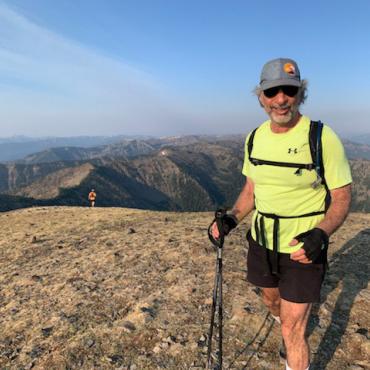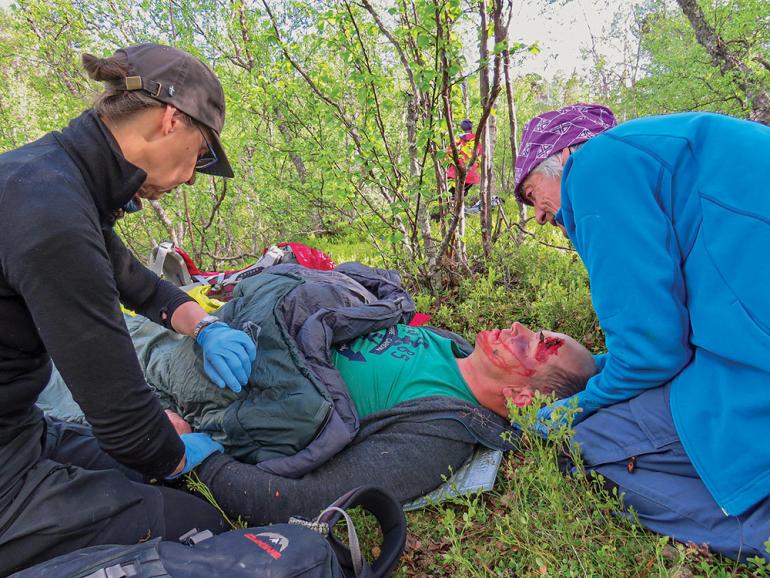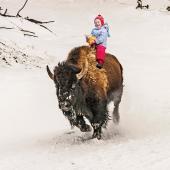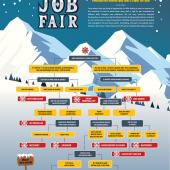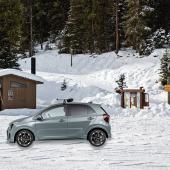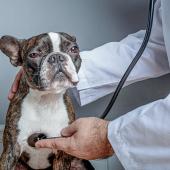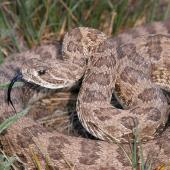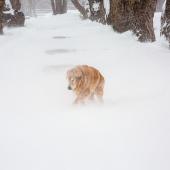Outdoor ABCs
Prepping for a worst-case scenario.
On a recent weekend, I signed up for a NOLS Wilderness First Aid seminar. Prior to the course, my medical training had been limited to watching the occasional hospital show that surely provided an accurate picture of medical practice. “He has an infection in his right ear stat, cut off his left foot stat.” At least they say “stat” a lot, which sounds professional. With this background, I walked into the class, hosted by Headwaters Field Medicine, not sure exactly what to expect. After two days, I walked away with a very different picture of medicine.
The class was about building basic competence by following an algorithmic approach to field evaluations. Under the guidance of excellent instructors, the concepts introduced were logical and ordered using the ABC paradigm: Airway, Breathing, Circulation. We first have to be sure that our patient can breathe. Then we check for pooling of blood that the patient may not yet be aware of. Throughout this early evaluation, we keep the head from moving to protect the spine from (further) injury. “Protect the spine” was a mantra not unlike “stat” on the TV shows, but one that is vitally important.
Then we expose injuries to the skin level, and follow a simple assessment procedure to ascertain if we missed anything. Take vital signs. Talk to the patient. Is she lucid? Do your best to exude confidence and inquire about the patient’s history. Why did this happen? Has it happened before? Are you on meds? Search your brain for relevant lines of inquiry to be as helpful as possible. We went through multiple scenarios to help us to develop these abilities. Through it all, the overhanging question was: “Is your patient well enough to get out of the wilderness?”
I have been making trips into the backcountry for decades, and I could relate to many of the topics. Yeah, that happened to me in ’04, that happened to a buddy in ’07, etcetera. We always made it out under our own power, but some of them were close calls. I could suddenly see the value of training, for providing useful medical assistance and making calculated decisions in the field.
The hardest hurdle for me going forward is accepting that I need to carry first-aid supplies with me, to at least deal with wounds and breaks. Like many backpackers, I have spent years moving in an ultralight direction. The thought that I need to carry something, anything, more is hard to swallow. I expect that my decision on this will be like so many other things in life: once we learn something, it becomes the new standard. To disregard this training would be negligent. Time to assemble a first aid kit, stat.

